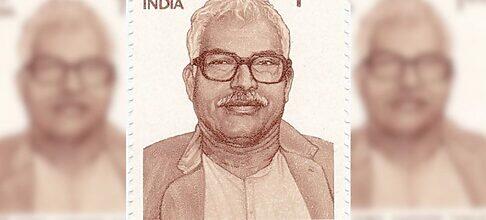maintain and administer systems for the licensing, supervision and control of a casino, for the purpose of—
(a) ensuring that the management and operation of the casino remains free from criminal influence or exploitation, and
(a1) ensuring that the casino operator prevents money laundering and terrorism financing activities within the operations of the casino, and
(b) ensuring that gaming in the casino is conducted honestly, and
(c) (Repealed)
(d) containing and controlling the potential of a casino to cause harm to the public interest and to individuals and families.
But this isn’t the only use of “public interest” in the act. The law also requires the NICC to inquire into casino licences at least every five years to decide if the operator “is a suitable person to continue to give effect to the casino licence and this act, and it is in the public interest that the casino licence should continue in force”. So if the act focuses on ensuring the risk to the public interest from casinos is contained, decisions about who holds licences and their suitability must include some consideration of the unspecified “public interest” arising from the use of licences. And that latter usage is what Crawford and the regulator have relied on to determine that there will be no meaningful consequences from the extraordinary misconduct revealed at Star by Bell II. In the regulator’s view, the public interest lies in keeping in work the 9,000 people Star employs. The NICC has basically guaranteed Star can do anything and that it will always be in the public interest that it be kept going — even in its current financially decrepit state, with the regulator towing its corpse around Darling Harbour Weekend At Bernie’s-style. Star Casino is like Donald Trump, who boasted he could “stand in the middle of Fifth Avenue and shoot somebody” without voters objecting — except Star has already allowed money laundering, infiltration by organised crime, problem gambling and financial cover-ups to occur, and serially been found unsuitable. It’s as if Star employees are human shields that will enable Star’s board and management to do whatever they like. This is particularly the case given that the “current economic times” referred to by Crawford include a buoyant jobs market with unemployment of 4.1% and record participation, suggesting 9,000, or even 90,000, people would have no trouble finding jobs in far more useful industries than a casino, and very quickly. What the NICC has failed to do is balance the requirements of its act — to control the “harm to the public interest” from Star’s repeated and persistent misconduct as well as “the public interest that the casino licence should continue in force”.
It has given all of its emphasis to the latter, effectively ensuring that Star can continue to harm the public interest via money laundering, organised crime, misconduct, problem gambling — and who knows what else that will emerge from its ongoing operations.














